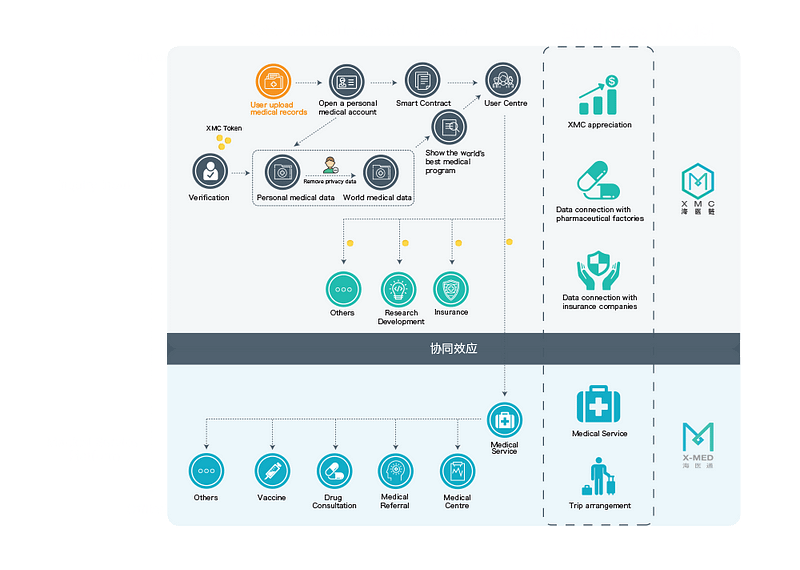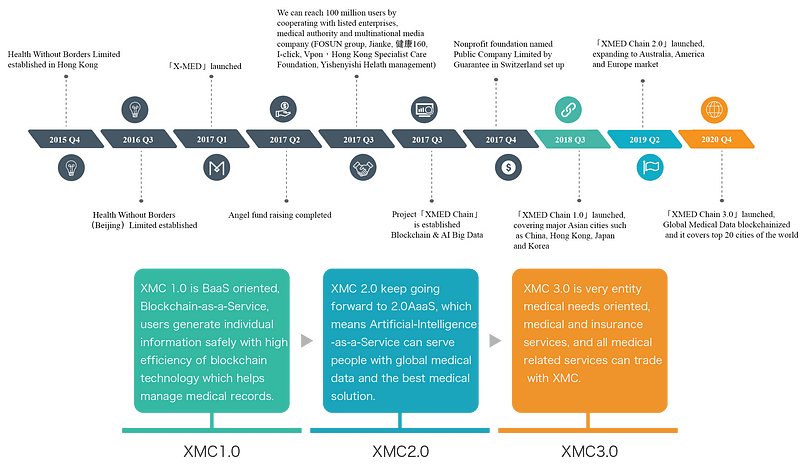The global demand for high quality medical services has risen exponentially over the decade as an aging population, middle class and developing countries income growth continues to push the cost of medical insurance and expenditures. This cost is expected to cross the $8 trillion mark in 2018 for medical services alone, while cross-border expenditure will balloon up to $421 billion.
With the improvements science and technology has brought to medicine leading to quality of life improvements, people’s expectations for medical services has risen to the point where they are more than willing to pay more for top-of-the-line service delivery. In turn, this has led to private and overseas medical facilities becoming the preferred destination for the middle class, due to the perceived failings of the public health industry.
The public health sector has had its own challenges, but none has been as damaging as the insufficient coverage afforded by public health insurance for serious illnesses and inadequate care. Every year, governments keep pursuing reforms to try and tackle one facet of the problem or the other, aiming to increase effectiveness, equity, and coverage of health systems. However, none of them has met with the level of success their creation has intended, falling well short of their goals. As these public facilities continue to grapple with the growing divide between the demand and supply of adequate care and coverage, the private sector would appear to be immune from whatever it is that has brought the public sector to its knees.
Not quite so.
A Problem Named is a Problem Solved
Knowledge is power, information is access, and when it comes to medicine, this information tends to keep growing as a result of treatment and research. Patient record data are the basis for any diagnosis and treatment. However, the traditional way of maintaining these data is now outdated and in dire need of a complete system revamp. With patient records fragmented across departments and service providers, no wonder why the public sector is swamped.
And the private sector is just one step from collapsing and tumbling into the same pit.
Majority of patient records are issued on paper — x-ray, test results, treatment report, diagnosis. When referred to another treatment center or simply unable to return to the first service provider, patients have to either open new record file (and starting all over with medical history) or request a transfer from the old hospital (and hope that your current condition doesn’t snowball into something else). Either way, in a world where the swift and timely detection of ailments and diagnosis is often the difference between life and death, such delays have had unintended and often life threatening outcomes.
Digitalization of information has done very little to solve this problem, rather, compounding it by exposing it to security and privacy risks. This digital banks has often become the target of hijackers who would often hold this record to ransom, endangering the lives and well being of the innocent and the helpless. Blockchain-based startup, XMED Chain (XMC), is finally delivering a solution that unites big data analysis technology with AI on the blockchain.
A Trustless and Immutable Big Data Chain
Leveraging blockchain’s immutable and decentralized consensus mechanism, XMC facilitates a trustless and cryptographically secure platform for personal, medical data storage.
The easy-to-use mobile and desktop-based application enables user to upload medical records that get converted into smart contracts and stored in the block chain. These converted data can be accessed on the decentralized network from anywhere in the world, at any time with no need for third-party management. Decentralization and disintermediation of data storage and access allows for the instantaneous distribution of information. XMC’s proprietary AI and big data analysis technologies facilitates accurate analysis for generating global medical solutions to users.
XMC enables users to truly own their data, which cannot be altered by any other party without expressed permission and authorization. These medical records can be accessed and securely shared by institutions and service providers from across the globe, eliminating the need to open new records for patients or wait for transfer and conversion to their own standard. This will help usher in a standardization of medical data processing, implementing a system where the exchange of information is transparent and secure.
After obtaining user authorization, institutional users can share data instantaneously within and between institutions through XMC’s API, enabling seamless transfer and shortening the trading cycle between medical institutions and upstream suppliers and insurance companies. Through intellectual analysis and evaluation, accurate consultation results can be generated for individual or institutional users with higher efficiency and quality.
XMC ecosystem is held together by its incentivizing token, the XMC Token. This token rewards every individual and institution that shares its medical data to the ecosystem and ensures that verification activity is adequately compensated. The token also powers economic activity on the platform as it can be used to pay for user’s data, finally giving intrinsic value for medical information.
Medical big data has the potential to solve a lot of problems plaguing the health sector. XMC platform development is set to not only unleash this potential, but also shape the medical service delivery system of the future.
To find out more, visit: http://www.xmedchain.com/index.html
Read up on the technology:http://www.xmedchain.com/XMC_Whitepaper_EN.pdf
Join the conversation: https://t.me/XMEDChain
Join the community: https://bitcointalk.org/index.php?topic=2983078.0









Tidak ada komentar:
Posting Komentar